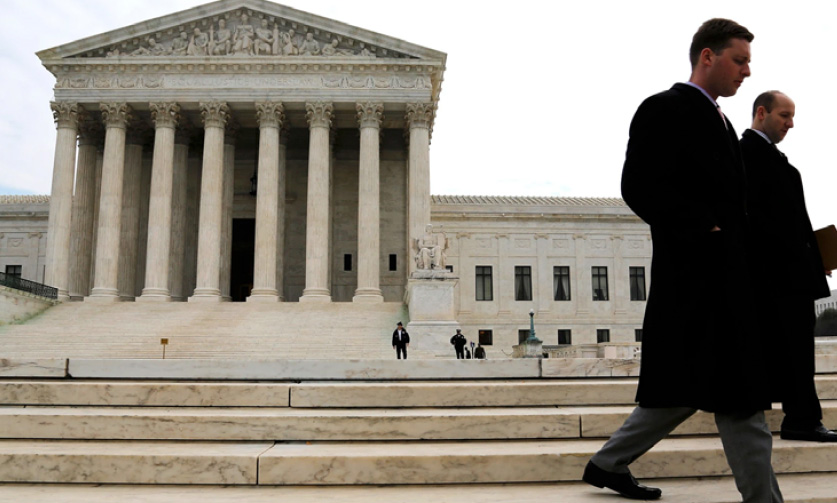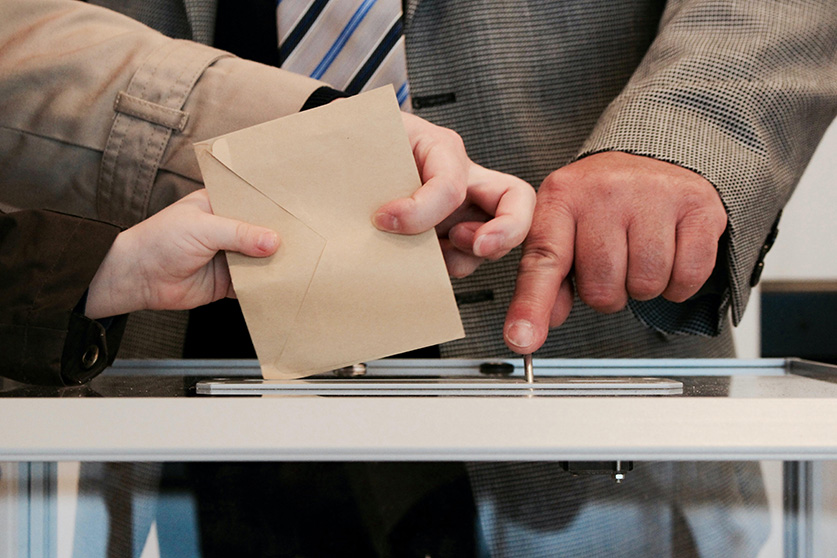Availability of Discovery in the U.S. Courts for Use in International Arbitration
Recently, the United States District Court for the Eastern District of New York issued a ruling which prohibited the use of 28 U.S.C. §1782 discovery in connection with an International Centre for Settlement of Investment Disputes (“ICSID”) arbitration. In re Alpene, Ltd, 21 MC 2547 (MKB)(RML), 2022 WL 15497008 (E.D.N.Y. Oct. 27, 2022). Notably, the district court initially permitted Section 1782 discovery, but reversed course following the United States Supreme Court’s opinion in ZF Automotive US, Inc. v. Luxshare, Ltd., 142 S. Ct. 2078 (2022).
In Alpene, there was a dispute between Alpene Ltd., a Hong Kong corporation, and the Republic of Malta. In accordance with the terms of the Bilateral Investment Treaty between Malta and China, Alpene elected to have the dispute resolved by ICSID arbitration. In connection with the ICSID arbitration, Alpene sought to utilize Section 1782 to acquire discovery from a New York resident, and filed a case seeking a discovery order from the district court. Section 1782 authorizes federal courts to order persons residing in the United States to give testimony or to produce a document for use in a proceeding in a foreign or international tribunal. The district court initially granted Alpene’s request for discovery, and the New York resident moved to vacate. The district court stayed the matter pending resolution of a case before the United States Supreme Courtwhich was ultimately resolved in ZF Automotive. In ZF Automotive, the Supreme Court explained that under Section 1782, a “foreign tribunal” is one that exercises governmental authority conferred by a single nation, and an “international tribunal” is one that exercises governmental authority conferred by two or more nations.
Thus, for arbitration panels and Section 1782, the inquiry is whether the panel was intended to have governmental authority. Moreover, the fact that arbitration is provided for in a treaty between nations does not automatically mean the arbitration body was intended to have governmental powers. Rather, the Supreme Court gave a non-exclusive list of factors to consider in determining whether there was an intent to infuse a non-governmental body with governmental authority. Ultimately, the Supreme Court held in ZF Automotive that an adhoc, United Nations Commission on International Trade Law (“UNCITRAL”)arbitration panel under a bilateral investment treaty between Lithuania- Russia was not intended to have governmental authority.
In applying ZF Automotive, the district court noted several differences between an ad-hoc UNCITRAL arbitration panel and an ICSID arbitration panel. However, the court concluded that there was not enough support for the notion that China and Malta intended to infuse an ICSID arbitration panel with governmental authority.Accordingly, the ICSID arbitration panel was not a “foreign or international tribunal,” and so Section 1792 discovery was not available. In light of these very recent decisions, use of Section 1792 discovery in connection with international arbitration is certainly not a given.
However, the decisions leave open the possibility that an arbitration panel can be infused with governmental authority. Given the attractiveness of U.S. discovery, it is likely that there will soon be several decisions like Alpene applying ZF Automotive in determining whether a given treaty or other governmental agreement intended to bestow governmental authority to an arbitration body.

Governor DeSantis’ Big Pay Off
The Foodman Firm, P.A. has been providing updates throughout 2022 discussing various pieces of legislation passed by Florida’s legislature and signed into law by Governor Ron DeSantis. Numerous parts of the Governor’s agenda have been considered controversial by some and many pieces of legislation have been challenged in court.
Yet, in a sweeping victory on election day, Governor DeSantis was seemingly validated. Governor DeSantis defeated his challenger, former Governor and Congressman Charlie Crist, by approximately 20 percentage points and 1.5 million votes. The results far exceeded expectations and were especially noteworthy considering the Governor’s narrow win in the 2018 election by approximately 0.4 percentage points and 32,000 votes. Moreover, the Governor’s landslide victory demonstrated Governor DeSantis has a significant crossover appeal to Democrats. Indeed, Governor DeSantis won Miami-Dade County, traditionally a county that votes for Democrats, and which had not voted for a Republican Governor in twenty years.
While it has yet to be determined what will happen with Governor DeSantis’ agenda as cases go through the court system, he certainly has received a mandate to continue his manner of governance in Florida. To be sure, there is extensive speculation that Governor DeSantis will seek to run for president in 2024 as the Republican presidential nominee. Regardless of any presidential aspirations, Governor DeSantis certainly has a lot of momentum behind him in governing Florida, and it will be interesting to see what his agenda is for the next four years.


